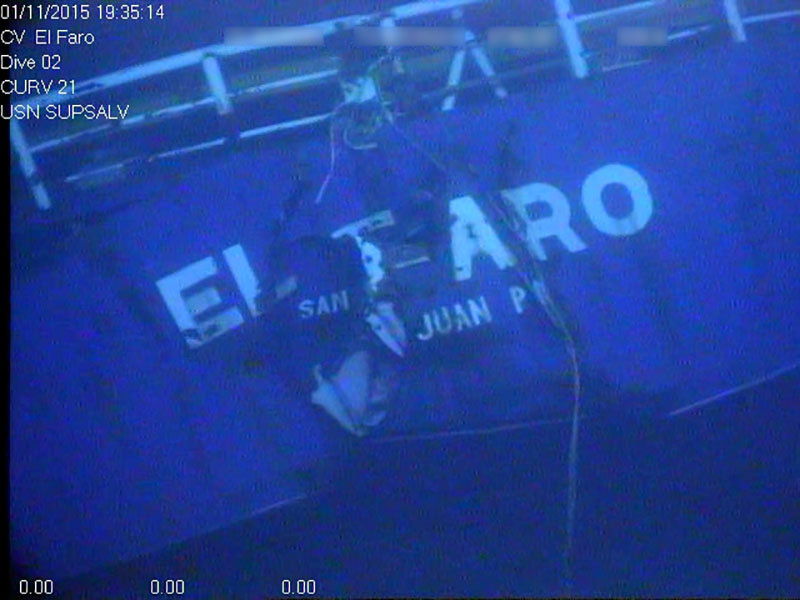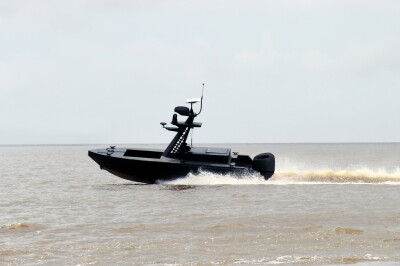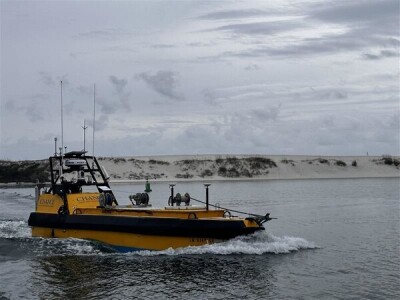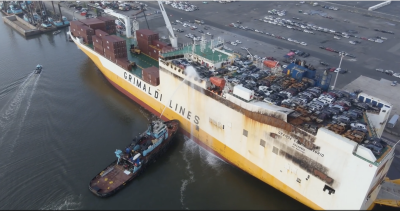Maritime accident investigation reports for collisions, explosions, capsizings and allisions and the lessons learned from these accidents are detailed in the National Transportation Safety Board’s Safer Seas Digest 2017, released today.
The digest contains 41 marine accident reports for accidents involving fishing, offshore supply, cargo, passenger, tanker, towing and government vessels. This includes two Coast Guard cutters, four passenger vessels, and 14 towboats, barges and tugs. Reports in the digest were adopted or issued by the NTSB during 2017.
The Safer Seas Digest is designed with mariners in mind, providing them with links from the digest’s summaries to the full investigative reports and related documents on the NTSB’s website. The digest contains information that can help mariners at the deckplate level prevent future accidents, and can help maritime industry C-suites build and sustain a culture of safety at sea.
The lessons learned are highlighted in 11 categories including watertight integrity, heavy-weather operations, fatigue, bridge resource management, distraction, anchoring, preventive maintenance, safety management systems, monitoring rudder order response, vessel abandonment and VHF reception. The accident investigations associated with each lesson learned are listed for easy reference.
“I hope that Safer Seas Digest 2017 provides the marine industry with essential and actionable information to address the safety issues confronting it,” NTSB Chairman Robert Sumwalt said in a statement. “With every investigation we conduct, the lessons learned can prevent such losses in the future — when marine stakeholders at all levels of the industry apply these lessons.”
The 2017 completion of the investigation into the October 2015 sinking of the cargo ship El Faro was a watershed moment for marine safety, and the 2017 Safer Seas Digest includes a section about El Faro featuring infographics and information pulled from the NTSB’s 16-page, illustrated digest, “Sinking of the US Cargo Vessel El Faro.”
The Safer Seas Digest is publicly available online – a print version will be distributed to industry stakeholders. The online version of the Safer Seas Digest gives mariners access to the complete body of work of the NTSB’s Office of Marine Safety. This is the fifth year the NTSB has published the Safer Seas Digest.
The NTSB’s Office of Marine Safety investigates major marine casualties upon the navigable waters of the U.S. and accidents involving U.S. flagged vessels worldwide.





